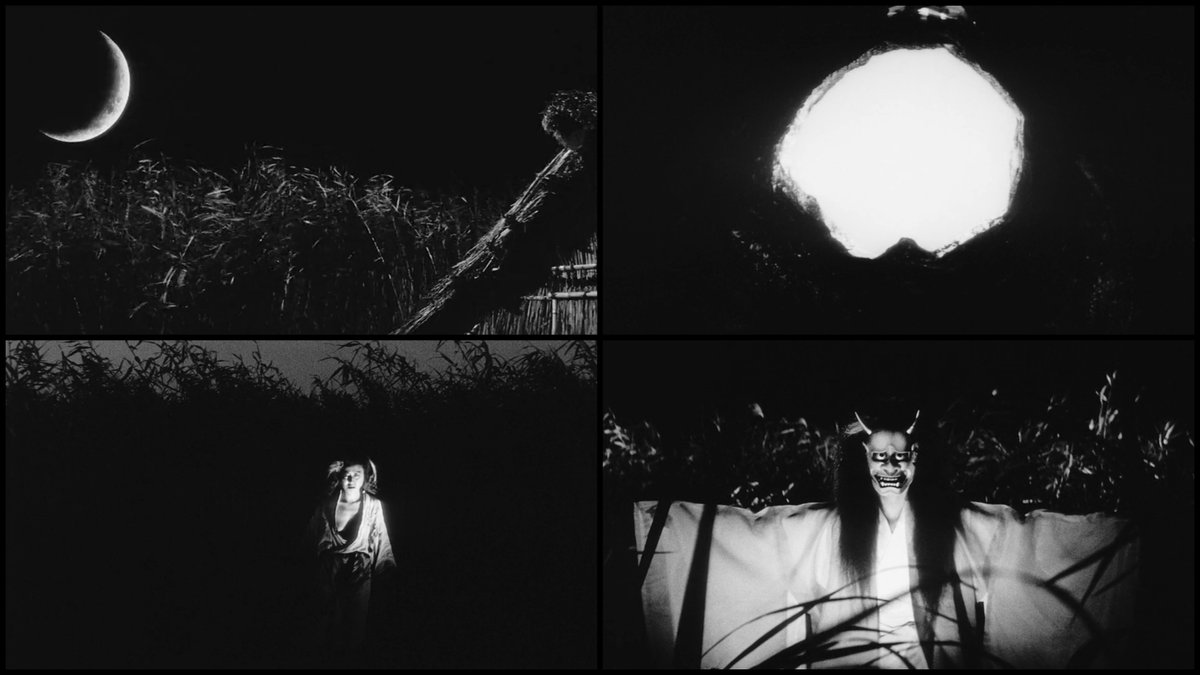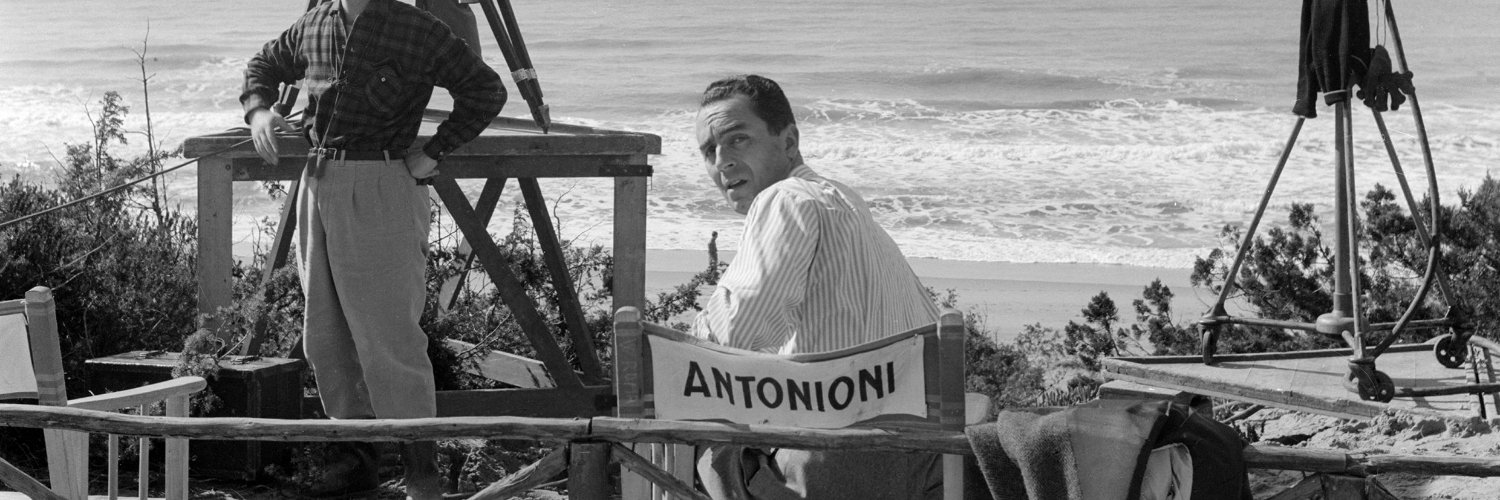
RadiantFilm
@RadiantFilm
Directors Talk Directors and more. Catching a glimpse into the minds behind the films we love.
The past, the present, the future. The lines blur. Reality, truth, and lies become tangled and then unravel into a puzzle that leaves those trying to piece it together with a crisis of identity. For when truths get lost in the shadows, falsehoods pose as truth, and ideals become…

Stanley Kubrick on 2001: A Space Odyssey: "It’s not a message that I ever intend to convey in words. 2001 is a nonverbal experience; out of two hours and 19 minutes of film, there are only a little less than 40 minutes of dialog. I tried to create a visual experience, one that…
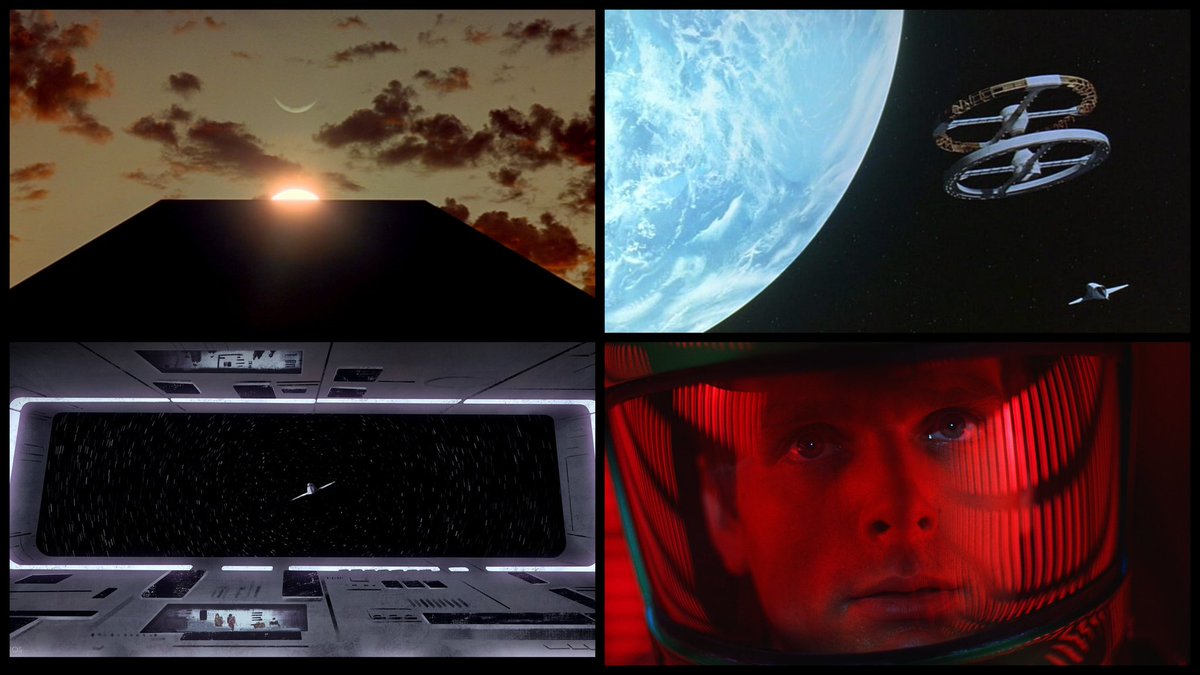
Stanley Kubrick discussing A Clockwork Orange (1971): "The film explores the difficulties of reconciling the conflict between individual freedom and social order. Alex exercises his freedom to be a vicious thug until the State turns him into a harmless zombie no longer able to…
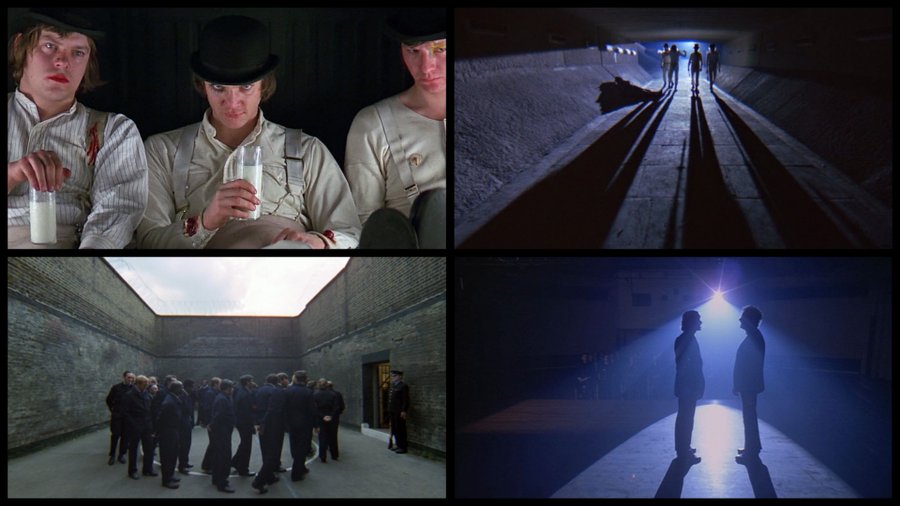
Stanley Kubrick - "A film is - or should be - more like music than like fiction. It should be a progression of moods and feelings. The theme, what 's behind the emotion, the meaning, all that comes later."
Happy Birthday to Helen Mirren who turns 80 today! 🎂 ¡Felicidades! Here in her breakout role Age of Consent (1969) Michael Powell
Federico Fellini on Stanley Kubrick: "Kubrick is a superb film-maker. He possesses a great visionary genius, allied to the ability to translate into powerful images his natural gift of prodigious imagination. Besides which, he has a talent which I envy, one which many other…
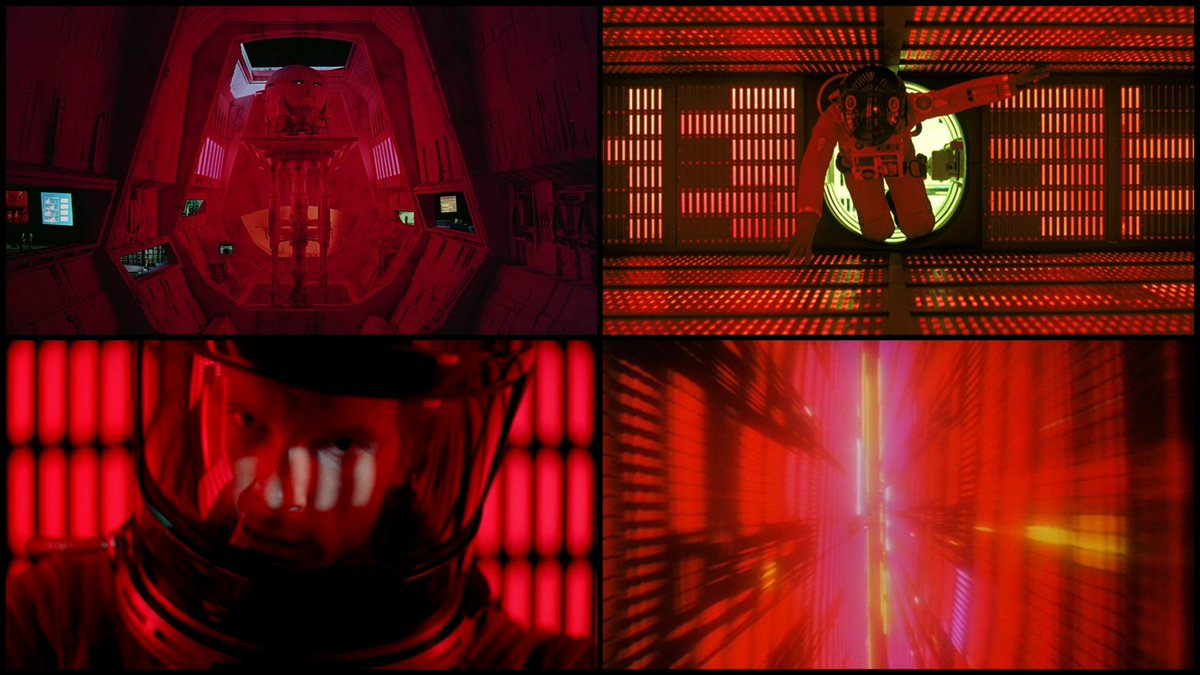
Telegram sent from Federico Fellini to Stanley Kubrick after he saw 2001: A Space Odyssey: "Dear Stanley I saw yesterday your film and I need to tell you my emotion my enthusiasm I wish you the best luck in your path"
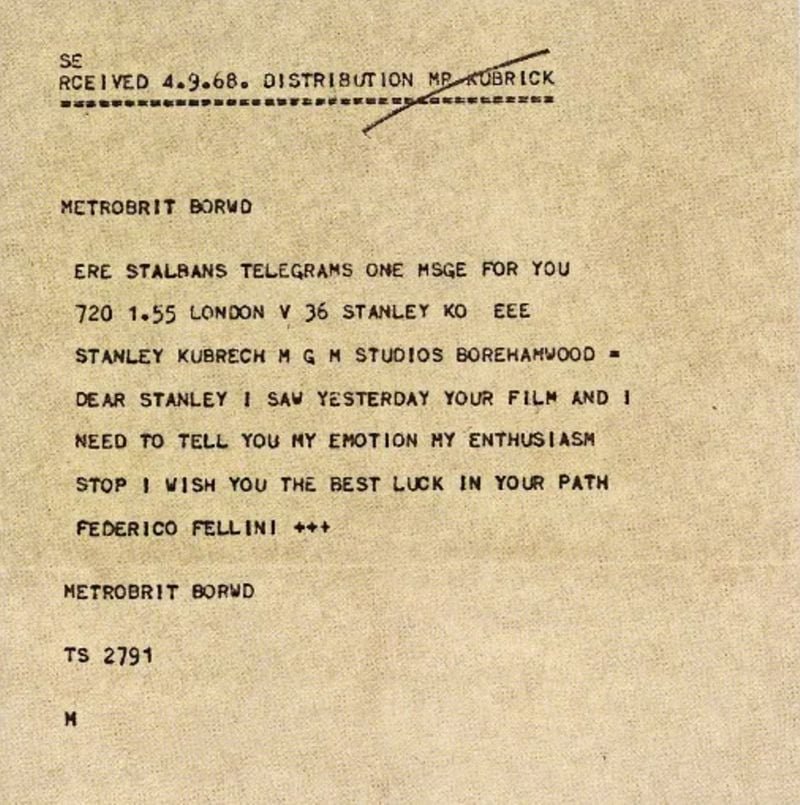
"I've always found it difficult to talk about any of my films. What I generally manage to do is to discuss the background information connected with the story, or perhaps some of the interesting facts which might be associated with it. This approach often allows me to avoid the…
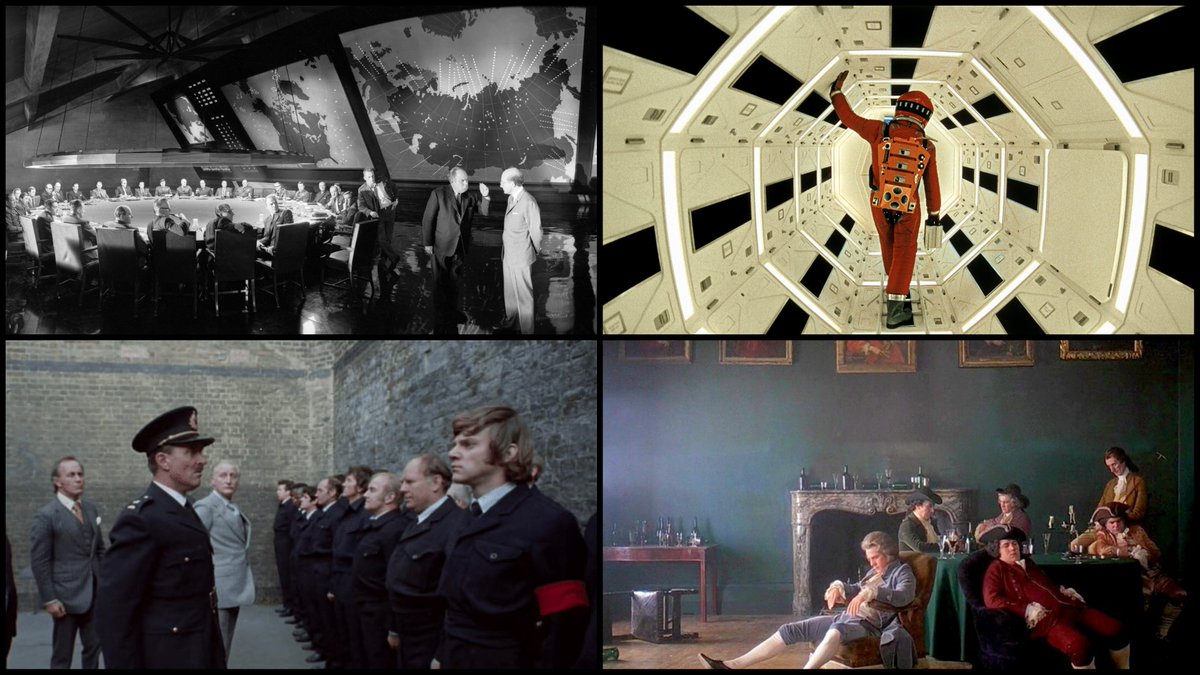
Celebrating the legacy of Stanley Kubrick on his birthday (July 26, 1928 - March 7, 1999). "There is no deliberate pattern to the stories that I have chosen to make into films. About the only factor at work each time is that I try not to repeat myself. Since you can't be…

Stanley Kubrick on the relationship of Barry and Lady Lyndon in Barry Lyndon (1975): "I think that silent films got a lot more things right than talkies. Barry and Lady Lyndon sit at the gaming table and exchange lingering looks. They do not say a word. Lady Lyndon goes out on…

"I like to do hand-held shooting myself. When the camera is on a dolly you can go over the action of the scene with the camera operator and show him the composition that you want at each point in the take. But you can't do this when the camera is hand-held. Sometimes there are…
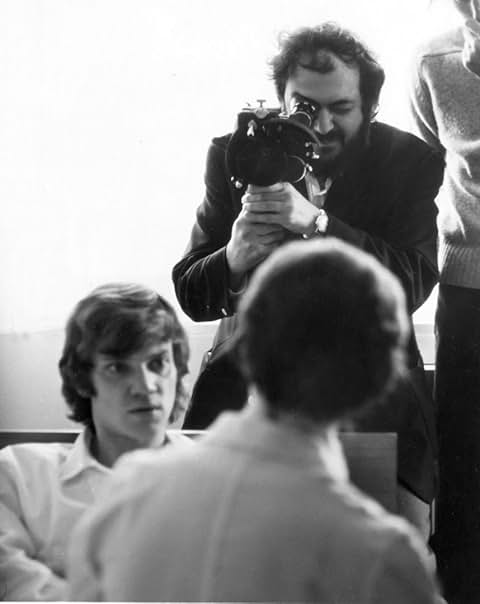
Yoshishige Yoshida on Eros + Massacre (1969): "One could say that in this film there are two times, chronologically speaking: ours and that of fifty years ago – Osugi’s time. In this sense one could say that it deals with the problem of time; but for me what’s important is the…
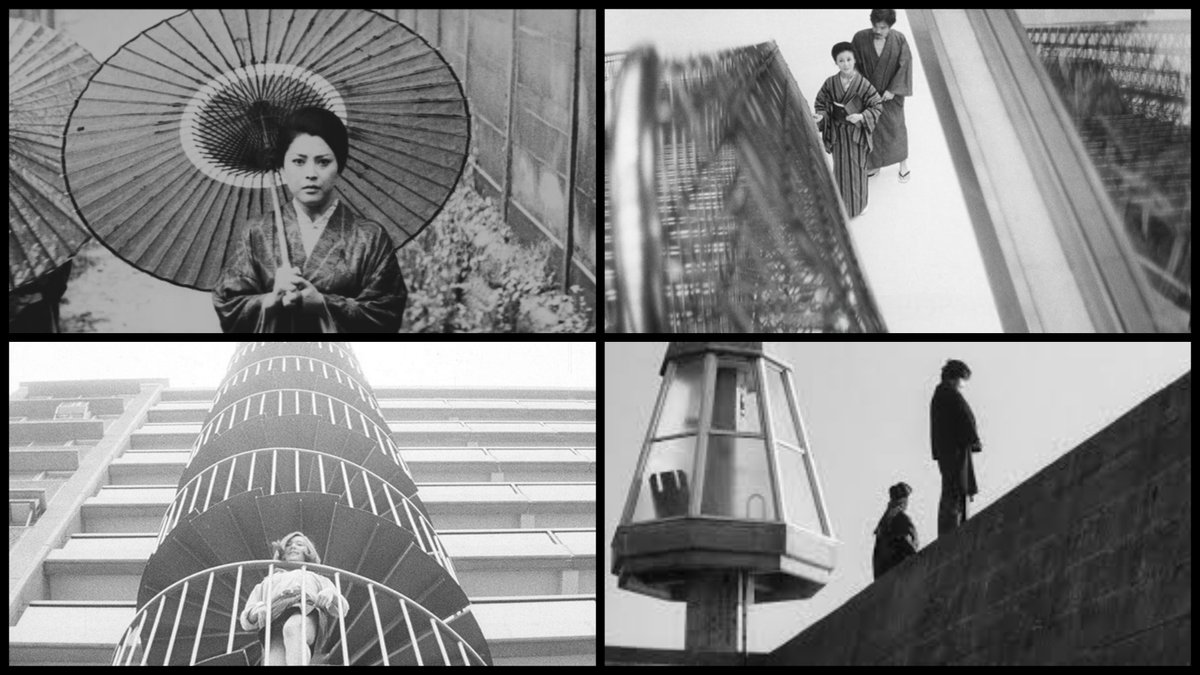
Luchino Visconti on Rocco and His Brothers (1960): "For Rocco and His Brothers, a piece of fiction about which I thought for a long time, the major influence was probably Giovanni Verga’s I Malavoglia [The House by the Medlar Tree, 1881], with which I have been “obsessed” ever…
![RadiantFilm's tweet image. Luchino Visconti on Rocco and His Brothers (1960):
"For Rocco and His Brothers, a piece of fiction about which I thought for a long time, the major influence was probably Giovanni Verga’s I Malavoglia [The House by the Medlar Tree, 1881], with which I have been “obsessed” ever…](https://pbs.twimg.com/media/Gwua-u2bgAUVBaW.jpg)
Andrei Tarkovsky on Mirror (1975): "You are asking: what kind of mirror is it? Well, first of all — this film was based on my own screenplay containing no invented episodes. All the episodes were really part of our family history. All of them, without exception. The only made up…
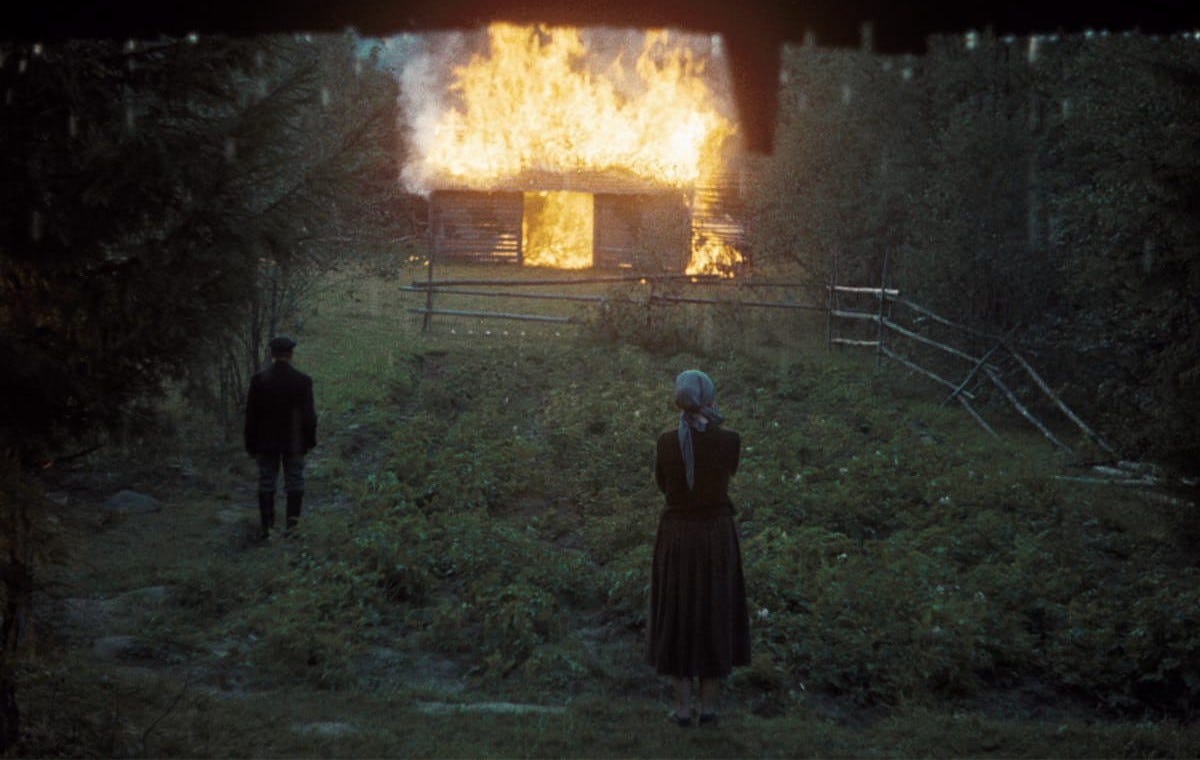
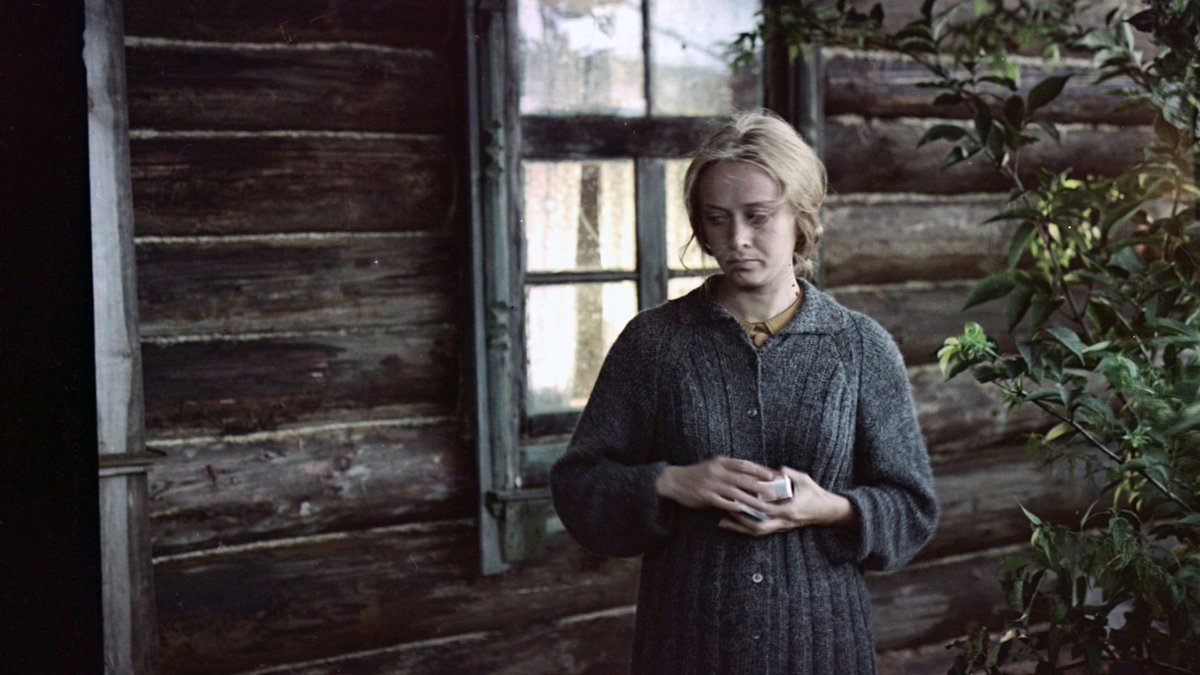
Red Desert (1964) turns factories, ports, and fog into a world of quiet dread. Monica Vitti walks through it in silence and slowly cracking under pressure. Antonioni’s camera lingers with purpose, every shot cold, every sound is heavy. Bleak, beautiful & emotionally disorienting.
Michelangelo Antonioni on Red Desert (1964): "It’s too simplistic to say – as many people have done – that I am condemning the inhuman industrial world which oppresses the individuals and leads them to neurosis. My intention – and I realize that one always knows where one starts…
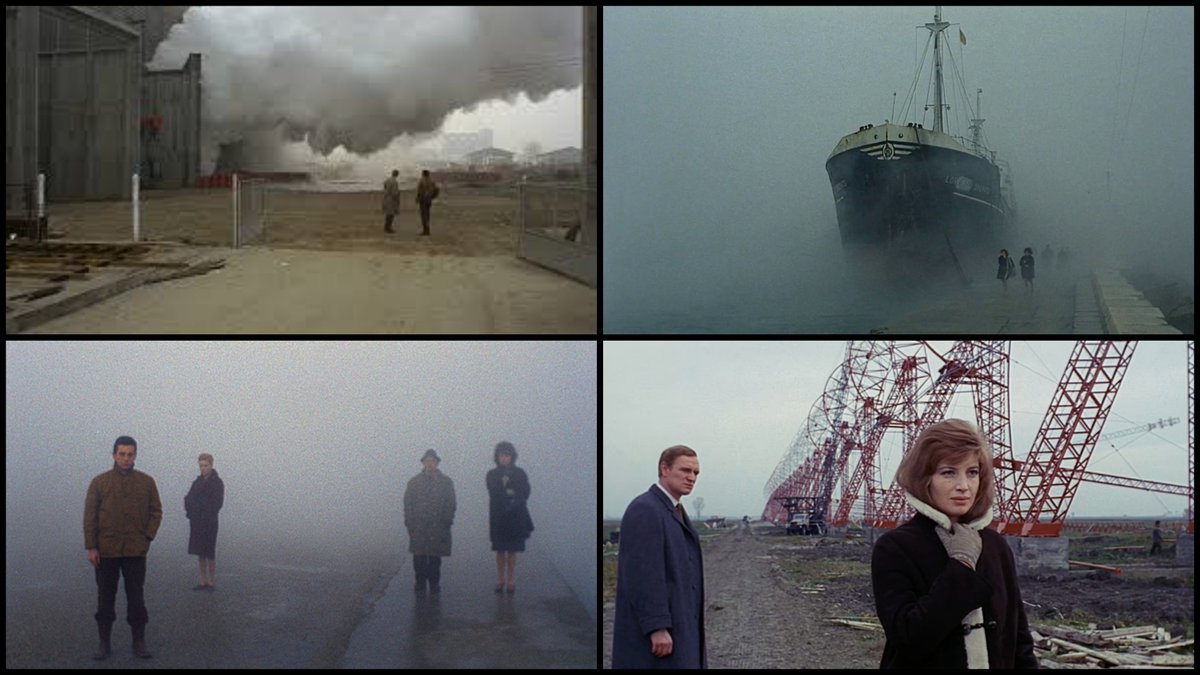
"Speaking about Onibaba in particular, my main historical interest focuses on ordinary people. . . their energy to carry themselves beyond the predicaments they encounter daily. I wish to describe the struggles of the so-called common people which usually never appear in recorded…
